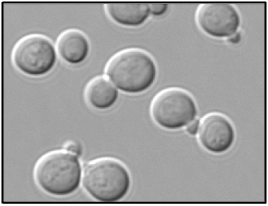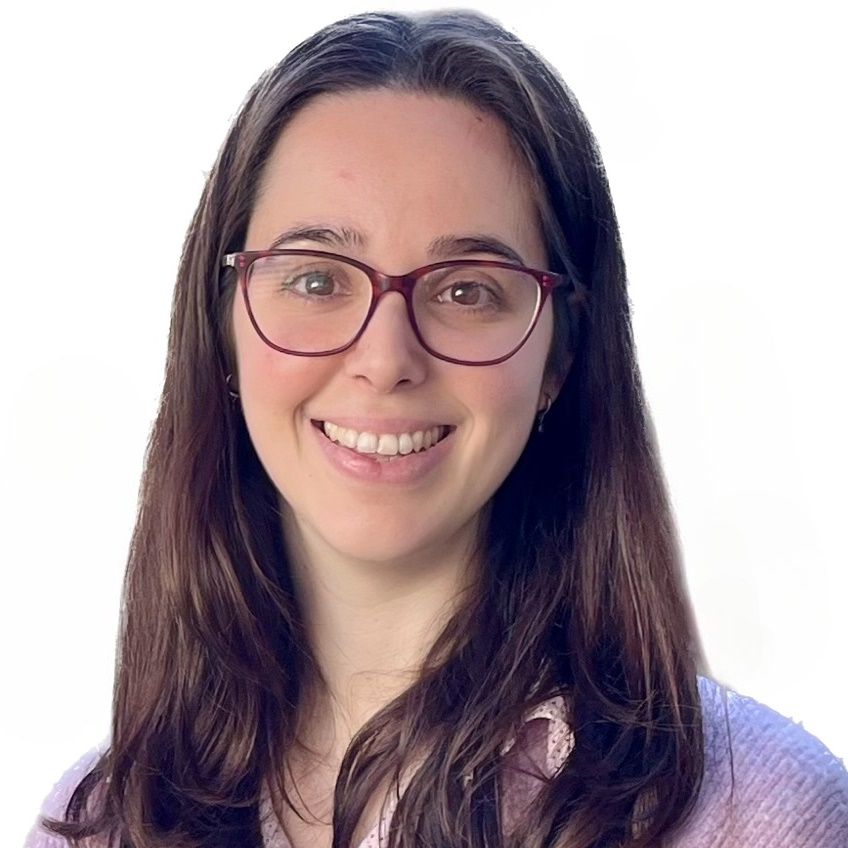
One of the areas of greatest interest in Molecular and Cellular Biology is the control of the cell cycle. The cell cycle is an ordered succession of molecular processes by which a cell grows, doubles its mass and organelles, and divides in two. It is a process that is highly conserved in eukaryotes from yeast to mammals. There are various checkpoints in the cycle that ensure that different events occur at the correct time and in the correct order. In my group I study one of those control points, which is the beginning of the cell cycle, that is, the transition between the G1/S phases which is called Start in yeast or restriction point in mammalian cells. It is a crucial point because that is where the cell makes the irreversible decision to divide or not. Start consists of the activation of a transcriptional program of more than 200 genes whose expression is turned off in G1 due to the presence of transcriptional repressors, which act as brakes. The only known repressor in yeast was Whi5, but a few years ago our group characterised a new Start repressor called Whi7, which is homologous to Whi5. The fact that a member of the Rb family in mammals (homologous to Whi5 and Whi7 in yeast) is mutated in almost all tumours further reinforces the importance of studying the role of these G1 repressors. In this talk we will delve into the importance of studying the cell cycle through the use of the bread yeast Saccharomyces cerevisiae. To do this, we will highlight the advantages of using this model organism in Biomedicine, placing emphasis on the study of the Whi7 repressor in Start. In addition, we will introduce the group’s latest results published in the EMBO Reports journal of this line of research that connect the CDK Pho85 with the Whi7 repressor.
The lecture will require the use of a beamer for audiovisual projection.
Request lecture

Predoctoral researcher in Biomedicine and Biotechnology with a contract for Training of Research Personnel (FPI) by the Spanish Ministry of Science. Currently, she is carrying out her doctoral thesis in the Laboratory of Cell Cycle Regulation in Eukaryotes of the University Institute of Biotechnology and Biomedicine (BIOTECMED) of the University of Valencia, and studies cell division in yeast. She is a Graduate in Biotechnology with a Master’s Degree in Research in Molecular Biology (with extraordinary award) from the UV. During her academic training she was a beneficiary of competitive research grants awarded by different organisations such as CSIC (JAE-Intro Grant), UV (Research Initiation Grant) and the Spanish Ministry of Science (Collaboration Grant).
In addition, she spent three months during her predoctoral stage at the IGBMC research centre in Strasbourg (France). She is a science disseminator on the Microbacterium platform by writing scientific articles and organiser of scientific events such as the Biomedical Research Congress (CIB), Expociencia of the UV Science Park or the Researchers’ Night, and has also given workshops and science monologues. Committed to promoting scientific vocations among pre-university and university students, she is a mentor in the Girls4Stem and StemTalentGirl projects. In addition, she is a volunteer in the Activities Committee of the Association of Biotechnologists of the Valencian Community (ABiVA) to bring Biotechnology closer to society. Cristina has received awards in several national and international scientific dissemination contests and conferences in formats such as talks, posters and videos.
More information:
- El ciclo celular, las levaduras y el cáncer, ¿qué los une?
- Ciència Emergent | Cristina Ros | BIOTECMED
- Jo investigue
- #Media100cia | Ganador en la modalidad universitari: 'Levaduras 3, 2 , 1 ... Acción!
- Entrevista Cristina Ros 20 minutos
Social networks
- @crisroscar
- @_BIOTECMED
- @BiologiquesUV
- @CdCienciaUV

Stimulating scientific vocations is a project of the Scientific Culture and Innovation Unit that has co-funding from the Spanish Foundation for Science and Technology and the Ministry of Science, Innovation and Universities.










